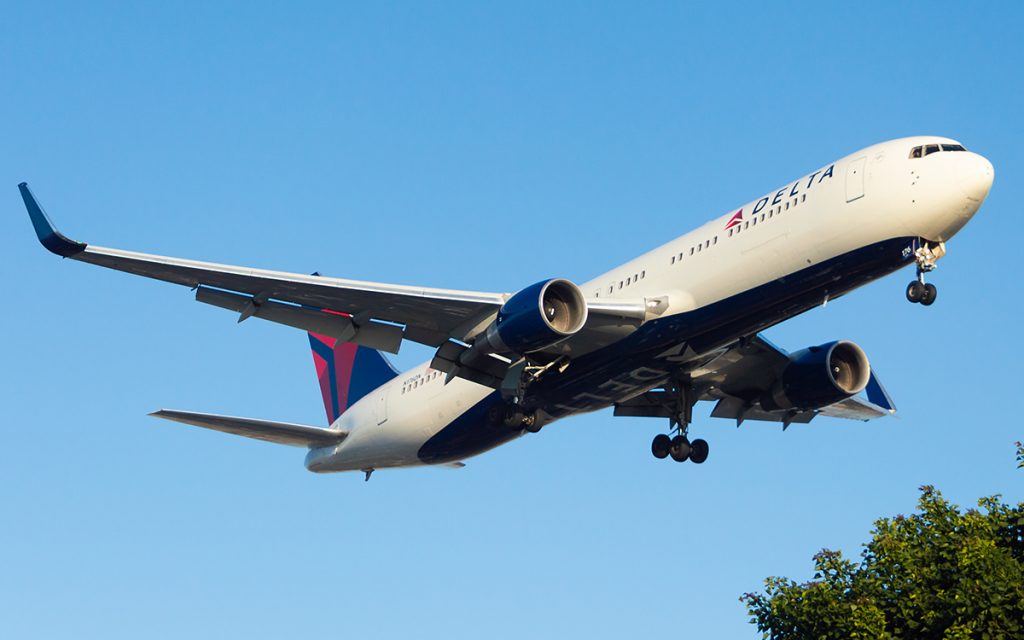Economy
Recession Worries Have Hit Airlines. Why an Analyst Says We’re Not in 2008 Again
First American News LLC-Raleigh NC: The so-called travel Armageddon has been a nightmare for millions of Americans in recent months. Yet misery loves company—and to judge by stock performances, airline investors are suffering in tandem with travelers.
New York Times Renewal Today 3-Years Save 70% Off
Citi, however, argues that shareholders at least could see some relief soon.
Shares of the Big Three U.S. legacy carriers—American Airlines (ticker: AAL), Delta Air Lines DAL –0.17% (DAL), and United Airlines (UAL)—along with Southwest Airlines LUV +1.05% (LUV) are all down about 20% or more over the past year, as is the U.S. Global Jets ETF JETS +0.48% (JETS).
That’s right about in line with the broader market, and in many ways it’s no surprise that sentiment has soured on the group. Labor shortages are causing cancellations, jet fuel prices have soared along with oil, the rebound in lucrative business travel has been uneven, and many investors are worried that a looming recession could hurt overall travel demand.
Cost of NY Times Digital Subscription?
However Citi analyst Stephen Trent says aside from these headwinds, “the market seems to underappreciate” the strides the sector has made in recent years, and how much less risk is now embedded in airlines’ operations. Investors have also overlooked “wage growth, pent-up demand and relatively low capacity per capita [which] are relevant factors in considering today’s domestic airfare strength vs. three years ago,” he writes.
Trent also notes that for the first time since the Covid-19 crisis began, rising Covid rates in major cities haven’t translated to higher hospitalization rates—a good sign for travel demand remaining strong despite the virus’s ongoing threat.
Deals on New York Times Subscription
In addition, capacity is scarcer now than it was pre-pandemic; that puts more pricing power in airlines’ hands if people are scrambling for fewer seats.
Of course, investors may be most concerned about a potential economic downturn, and Trent agrees that classifying airlines as recession-proof is likely a bit too optimistic. And though the market may be bracing for another 2008, airlines today are actually in much better shape, he says: Not only is capacity healthier, but they also generate far more revenue from co-branded credit cards than they did a decade ago.
Wall Street Journal Digital Subscription Price?
Of the four major U.S. players, Delta is Trent’s favorite, with United second—he has to Buy ratings on both—followed by Neutral-rated Southwest and then American.

